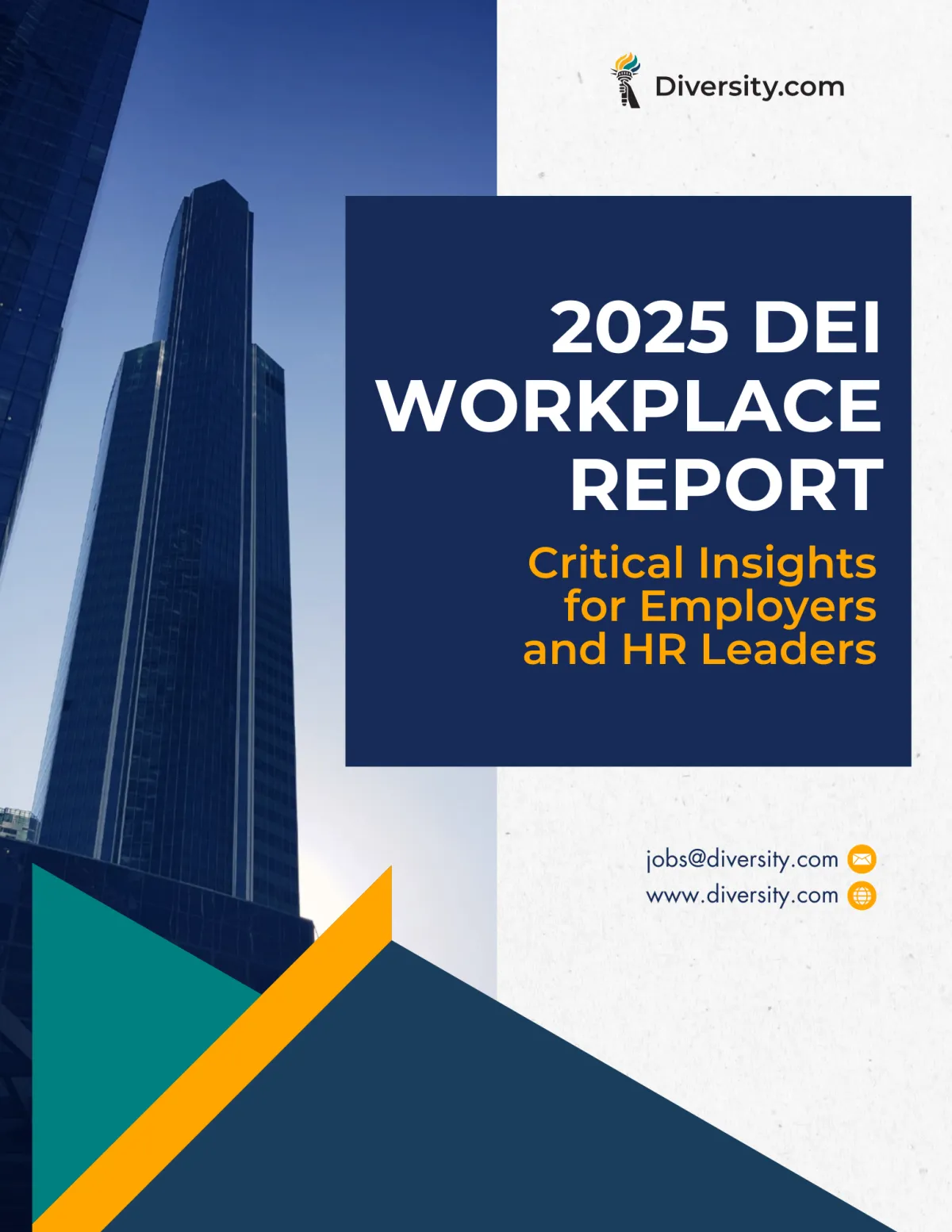
Mental Health and DEI: Why Inclusive Workplaces Must Prioritize Well-Being
Mental health is a fundamental equity issue. It goes far beyond wellness perks or one-off programs.
As conversations about inclusion deepen, it becomes clear that any DEI strategy that overlooks employee mental well-being leaves critical gaps.
From burnout and anxiety to trauma and stigma, mental health is shaped by identity, lived experience, and the environments where people work.
Inclusive workplaces recognize that support must go beyond surface-level benefits.
Real equity means creating an environment where all employees, especially those from marginalized communities, can access the resources they need to thrive emotionally, not just professionally.
The Link Between Mental Health and Identity
Mental health challenges do not affect all employees in the same way.
Research from the American Psychological Association shows that people from marginalized communities—especially BIPOC, LGBTQ+, and disabled employees—experience higher rates of stress, discrimination, and emotional fatigue at work (American Psychological Association, 2023).
Key contributing factors include:
Microaggressions and Bias: Constant exposure to subtle or overt discrimination creates chronic stress that chips away at emotional resilience.
Cultural Stigma: In some communities, mental health conversations remain taboo, leading employees to suffer in silence instead of seeking support.
Lack of Representation in Leadership: Employees may avoid disclosing struggles if they do not see leaders who reflect or understand their experiences.
Mental health support must be built with these realities in mind. Generic, one-size-fits-all approaches often fail the people who need support most.
Why Mental Health Belongs in DEI Strategy
Inclusion requires more than visible diversity. It demands environments where people feel safe to be fully themselves, including emotionally.
When workplaces ignore mental health, they create cultures where employees:
Experience higher burnout and turnover rates
Distrust leadership and disengage from the organization’s mission
Suffer silently, with impacts on creativity, collaboration, and long-term retention
Organizations that integrate mental health into DEI practices create workplaces that value humans, not just outputs.
As Talkspace notes, integrating mental health into DEI efforts fosters a more supportive, empathetic environment where all employees can thrive (Talkspace, 2024).
Furthermore, Diversio emphasizes that empathy-led leadership and proactive mental health training enhance employee engagement and improve workplace wellness outcomes (Diversio, 2024).
Strategies for Inclusive Mental Health Support
Normalize Conversations: Train managers to initiate mental health conversations with care and empathy. Leadership should model vulnerability to set the tone.
Offer Diverse Mental Health Resources: Include culturally responsive therapy options, trauma-informed care, flexible support models, and accessible services for all employees.
Protect Psychological Safety: Address harmful behaviors quickly. Create channels for anonymous feedback that catch issues before they escalate into crises.
Accommodate Invisible Needs: Recognize conditions such as PTSD, depression, and anxiety as legitimate reasons for workplace adjustments.
Include Marginalized Voices in Program Design: Consult employees from underrepresented backgrounds to ensure mental health programs are truly inclusive and accessible.
Inclusion Requires Full-Spectrum Support
Diversity is not enough without belonging. Equity is incomplete without emotional safety. True inclusion reaches into how people feel day to day, whether they can ask for help without fear, whether their struggles are met with compassion instead of judgment, and whether the workplace adapts to meet human needs.
Organizations that integrate mental health into their DEI efforts build environments where people can contribute fully and sustainably, without sacrificing their well-being to succeed.
How Diversity.com Helps You Build a More Inclusive Workforce
At Diversity.com, we connect forward-thinking employers and job seekers who are committed to inclusion, equity, and creating meaningful change across all dimensions of diversity.
Whether you are strengthening your DEI strategy, expanding career opportunities, or building cultures where all identities and experiences are valued, we provide the tools, resources, and insights you need to lead with purpose.
For Employers & HR Leaders:
✔ Create a free employer account — Post open roles and hire with intention. Choose from flexible options: single listings, job credit packs, or subscription plans.
✔ Access a diverse talent network — Connect with professionals across backgrounds, experiences, and identities to drive workplace innovation.
✔ Stay ahead with DEI insights — Explore timely articles, hiring best practices, and workplace inclusion trends.
For Job Seekers:
✔ Search jobs with inclusive employers — Find opportunities where equity, belonging, and authenticity are priorities.
✔ Create a free job seeker account — Apply to roles that align with your values, experiences, and aspirations.
✔ Learn more about workplace inclusion — Access tips, resources, and real-world guidance to navigate your career with confidence.
We believe in a future where every career journey and every hire moves us closer to true equity.
Start building with Diversity.com
If you have any questions or need assistance, feel free to Contact Us Here. Our dedicated support team is ready to help!
Related Articles
Understanding Privilege Without Guilt: What It Means for Equity in the Workplace
Neurodiversity in the Workplace: Supporting Neurodivergent Employees and Inclusive Hiring Practices
First-Gen Professionals and the Workplace: Resilience, Barriers, and Equity in Action
Addressing Ageism: Valuing Experience in the Modern Workplace
The Intersection of Socioeconomic Status and Career Advancement
Invisible Disabilities in the Workplace: How Inclusive Employers Can Provide Real Support
Single Parents in the Workforce: Addressing Caregiving Bias in Inclusive Workplaces
Women and DEI: Advancing Gender Equity and Building Inclusive Workplaces
Veteran Hiring and Military Spouse Inclusion: Building Equitable Civilian Workplaces
Career Transitions and DEI: How Inclusive Workplaces Enable Mid-Career Reinvention
Cultural Competence in DEI: Building Inclusive, Globally Aware Workplaces
2025 Shareholder Votes Reject Anti-DEI Proposals at Levi’s, Goldman Sachs, and More
Sources & References:
American Psychological Association. (2023). Stress in America: The Impact of Discrimination. https://www.apa.org/news/press/releases/stress/2023/discrimination-mental-health
Talkspace. (2024). DEI and Mental Health: Why Mental Health is a Diversity, Equity, and Inclusion Issue. https://business.talkspace.com/articles/dei-and-mental-health
Diversio. (2024). How Does Diversity, Equity, and Inclusion Support Employee Wellness in the Workplace? https://diversio.com/how-does-diversity-equity-inclusion-support-employee-wellness-in-the-workplace

